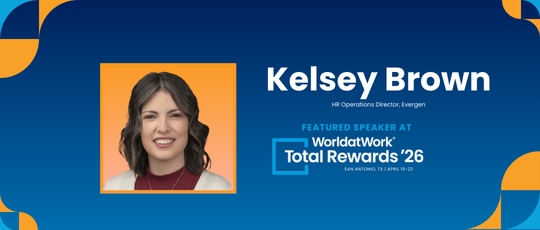Starbucks will increase wages for its hourly employees by at least 3% beginning Jan. 1, 2024, CBS News reports.
The coffee company has plans to double its employees’ hourly incomes by the end of 2025, compared to 2020, through more hours and higher pay.
Workers with longer tenures at Starbucks will be eligible for bigger raises, Starbucks said on Monday. People with two to five years of service could receive at least a 4% pay raise. Workers with five or more years could see a pay boost of 5%.
Both union and non-union employees who have been working at the company since September should expect to receive higher wages next year, a Starbucks representative told CBS MoneyWatch. However, union workers' pay increases will ultimately be based on "historical and recent years raises" at their stores, she said.
"Coupled with higher wages and the expansion of hours, these investments have not only resulted in lower turnover ... but have also increased hourly total cash compensation by nearly 50% since fiscal year 2020," the company said in a statement.
Starbucks employees make an average wage of nearly $17.50 per hour, with baristas earning $15 to $24 an hour and total compensation of roughly $27 per hour including benefits, according to the company.
Pfizer to Lay Off 781 Workers in New Jersey
Pfizer will lay off 781 employees in New Jersey, the Wall Street Journal reports.
The job cuts, which are expected Feb. 12, 2024, are tied to the pharmaceutical giant’s operations in Somerset County’s Peapack-Galdstone borough.
Prizer is cutting its workforce after slashing its guidance for the year by $9 billion, to between $58 billion and $61 billion, as sales of its COVID-19 vaccine dry up, the Journal reported.
Uber and Lyft to Pay $328 Million in New York Settlement
Uber and Lyft will pay a combined $328 million to settle complaints that they improperly saddled their New York drivers with taxes and fees that should have been paid by passengers, the Associated Press reports.
Uber will pay $290 million and Lyft will pay $38 million, with the money distributed to current and former drivers, state Attorney General Letitia James said. The companies have also agreed to provide drivers outside of New York City with paid sick leave and a minimum wage of $26 per hour.
Uber and Lyft have become ubiquitous in New York, with the easy-to-use apps largely supplanting the city’s iconic yellow taxi cabs. As they have taken over, the companies have been slow to adjust to labor regulations and have balked at providing drivers basic labor protections and benefits.
New York was the first city in the country to establish a minimum wage for the app-based drivers, who are effectively independent contractors able to set their own hours. The city has also implemented a minimum wage for app-based food delivery services such as Uber Eats.
In California, a court this year ruled that ride-hailing and delivery companies like Uber and Lyft can continue to treat their California drivers as independent contractors, meaning they are not entitled to benefits like paid sick leave and unemployment insurance.
Striking Actors and Hollywood Studios Reach Agreement
SAG-AFTRA, the union representing tens of thousands of actors, reached a tentative deal for a new contract with entertainment companies on Wednesday, clearing the way for the $134 billion American movie and television business to swing back into motion, the New York Times reports.
Hollywood has been most shutdown since May because of a pair of strikes by writers and actors, resulting in financial pain for studios and for many of the 2 million Americans— makeup artists, set builders, location scouts, chauffeurs, casting directors — who work in jobs directly or indirectly related to making TV shows and films.
The Writers Guild of America, which represents 11,500 screenwriters, reached a tentative agreement with studios on Sept. 24 and ended its 148-day strike on Sept. 27. In the coming days, SAG-AFTRA members will vote on whether to accept their union’s deal, which includes hefty gains, like increases in compensation for streaming shows and films, better healthcare funding, concessions from studios on self-taped auditions, and guarantees that studios will not use AI to create digital replicas of their likeness without payment or approval.
SAG-AFTRA was unable to gain a percentage of streaming service revenue, which was one of the union’s main goals at the start of negotiations. It had proposed a 2% share — later dropped to 1%, before a pivot to a per-subscriber fee. Fran Drescher, the union’s president, had made the demand a priority, but companies like Netflix balked, calling it “a bridge too far.”
Instead, the Alliance of Motion Picture and Television Producers, which bargains on behalf of entertainment companies, proposed a new residual for streaming programs based on performance metrics, which the union, after making some adjustments, agreed to take.
The Times noted that there will certainly be fewer jobs for actors and writers in the coming years, undercutting the wins that unions achieved at the bargaining table.
Even before the strikes, entertainment companies were cutting back on the number of television shows they ordered, a result of severe pressure from Wall Street to turn money-losing streaming services into profitable businesses.
Analysts expect companies to make up for the pair of pricey new labor contracts by reducing costs elsewhere, including by making fewer shows and canceling first-look deals.
Editor's Note: Additional Content
For more information and resources related to this article see the pages below, which offer quick access to all WorldatWork content on these topics:








